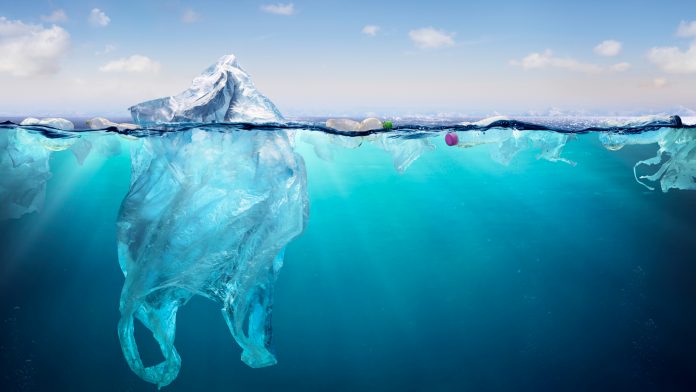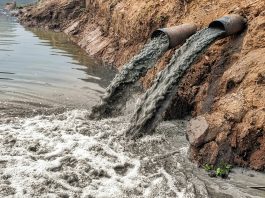New research highlights that through processes of catalytic pyrolysis, oil can be produced from plastic waste such as grocery bags to create sustainable fuel alternatives.
As of November 3, 2021, more than 300 million tons of plastic waste are produced annually. This is causing considerable environmental issues due to the sustained life cycle of plastic and the difficulty of eliminating it. As a result, most plastic waste collects in a landfill or pollutes the ocean. A large number of plastics break down into microplastics, which are then ingested by fish and other marine life, causing devastation to marine ecosystems.
How can plastic waste be used for good?
In Journals of Renewable and Sustainable Energy, by AIP Publishing, researchers from California State Polytechnic University report implementing catalytic pyrolysis to transform plastic waste into a valuable, sustainable fuel source. Pyrolysis is the thermochemical decomposition of carbon-based matter in the absence of oxygen.
Researchers laid focus on recycling and upgrading plastic waste into other products or using heat to convert it into a vapour, which met a catalyst and turned into the desired fuel product. The implement of this pyrolytic process transforms primary organic waste into a sustainable fuel or other useful chemical.
“The innovative part of the experiment is the catalyst,” said author Mingheng Li. “The catalyst is critical to this particular pyrolysis process, because it only requires one step to get to the desired fuel product at relatively mild temperatures.”
Creating the catalyst
This catalyst was prepared by dipping a zeolite substrate into an aqueous solution containing nickel and tungsten, then drying it in an oven at 500 degrees Celsius. The synthesised catalyst was used in conjunction with a lab-designed, single-stage pyrolytic reactor, which ran at a set point of 360C to break down a concoction of plastic grocery bags.
The catalytic process used on plastic waste in this experiment could also be used to process other wastes, such as used engine oil, manure and municipal solid waste, to create usable energy products. “This pyrolysis process serves as a definitive step in reducing reliance on fossil-based fuels,” said Li.
Researchers have found the pyrolysis product to be very similar to a standard diesel fuel product via gas chromatographic analysis, which is a type of chromatography used in analytic chemistry for separating and analysing compounds that can be vapourised without decomposition.
In the future, the team aim to explain the cause of the cracking mechanism that occurs on the surface of the catalyst. Additionally, they want to optimise diesel fuel production from a variety of mixed plastic wastes.










